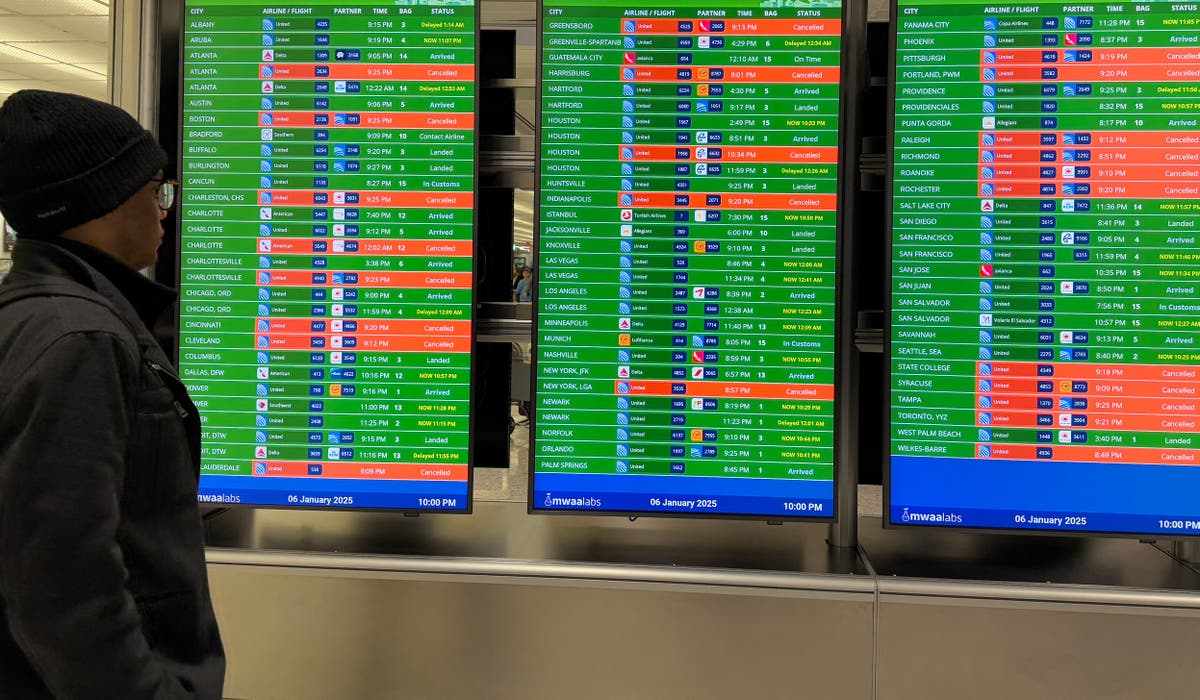JERUSALEM – Negotiations for a ceasefire in the 15-month Gaza conflict are progressing, but significant obstacles remain, particularly concerning the release of hostages. Both sides are under pressure from the outgoing and incoming U.S. administrations to reach a deal before the January 20th transition.
Initial discussions have stalled over the identification of hostages for a first-phase release. Israeli officials demand verification of the hostages' alive status, while Hamas, citing the ongoing conflict's devastation, expresses uncertainty about the fate of many.
Beyond hostage issues, other critical elements of the proposed agreement are also causing friction. These include a cessation of hostilities, the release of Palestinian prisoners, and a substantial increase in aid for the besieged Gaza Strip. A phased approach, divided into six to eight week initial stages, followed by a final resolution encompassing a complete cessation of hostilities, discussions about governance, and reconstruction, is being discussed. U.S. Secretary of State Antony Blinken expressed confidence in a resolution in the near future.
Hamas, responsible for the October 7th attack on southern Israel, which resulted in significant casualties and the taking of hostages, has offered a list of 34 hostages slated for release. However, this list has been met with skepticism by Israeli authorities, raising concerns about transparency and verification. Israeli officials highlight the need for confirmation from Hamas regarding the condition of the hostages.
The potential agreement also includes Israel's planned withdrawal of troops from Palestinian population centers, enabling displaced citizens to return home, subject to negotiation. The scale of this withdrawal and the number of permitted returns remain contentious.
Despite progress, considerable opposition exists within Israel's governing coalition. Hardliners have expressed concerns about the concessions, citing potential impacts on Israeli security and the country's future geopolitical position.
The ongoing conflict has exacted a severe toll on the Gaza population, with estimated deaths and displacement affecting a large portion of the territory. This prolonged conflict continues to destabilize the region, fueling concern among those affected, creating considerable challenges. Families of hostages have voiced public criticism regarding the phased approach, asserting that a prompt release of all hostages is paramount. The prolonged war and potential ramifications for both Israel and Palestine are of immense concern to many.







